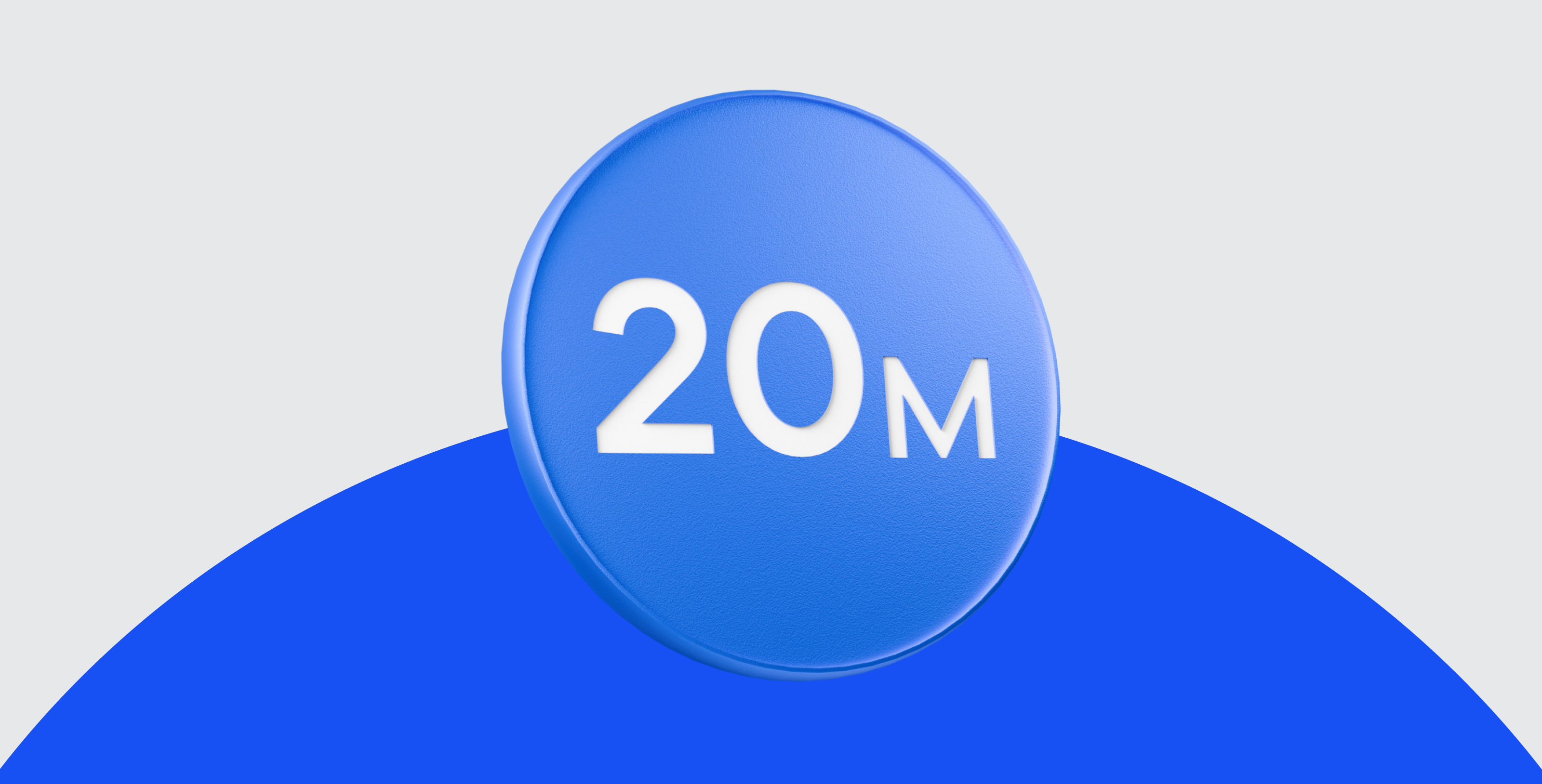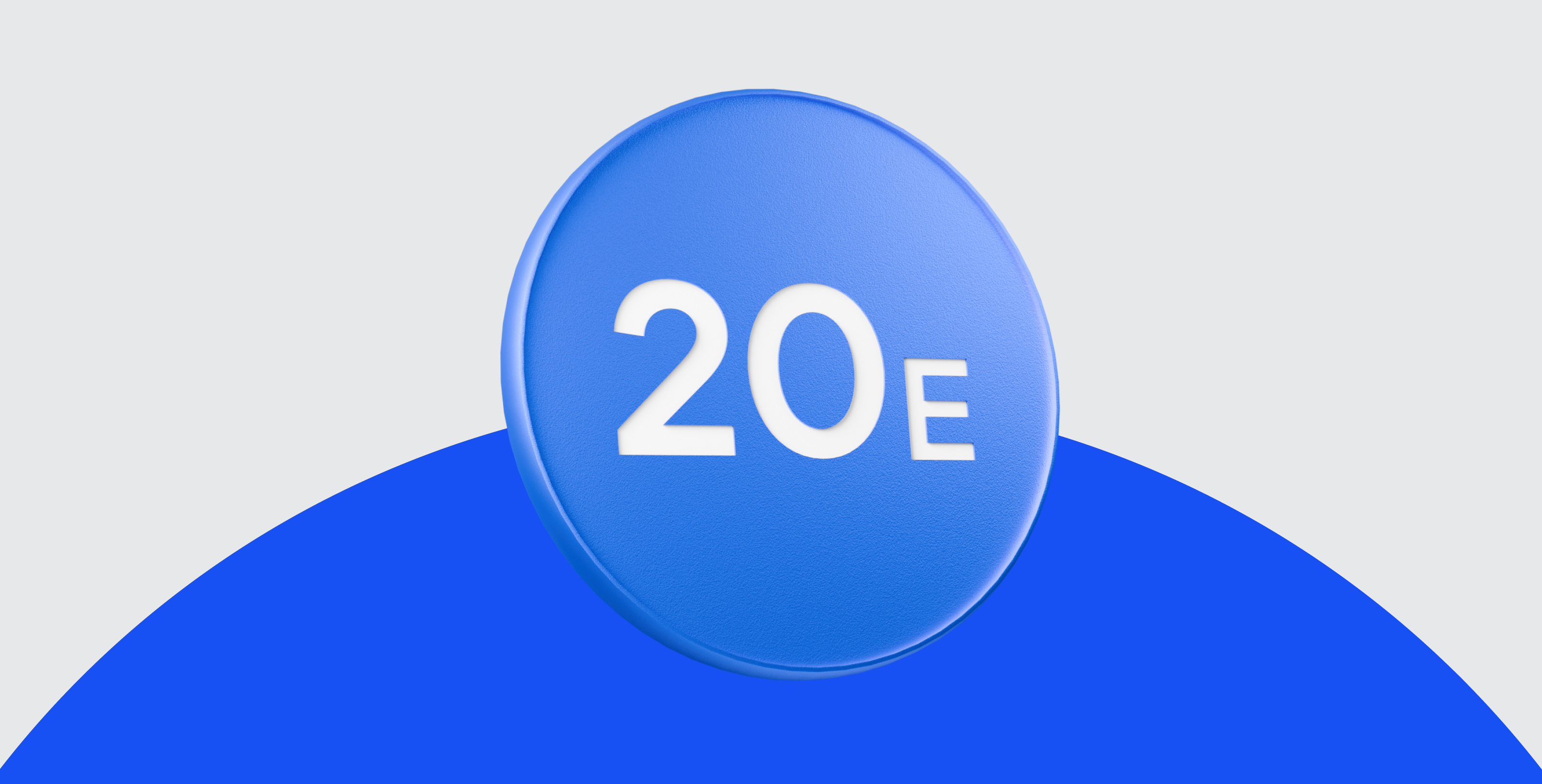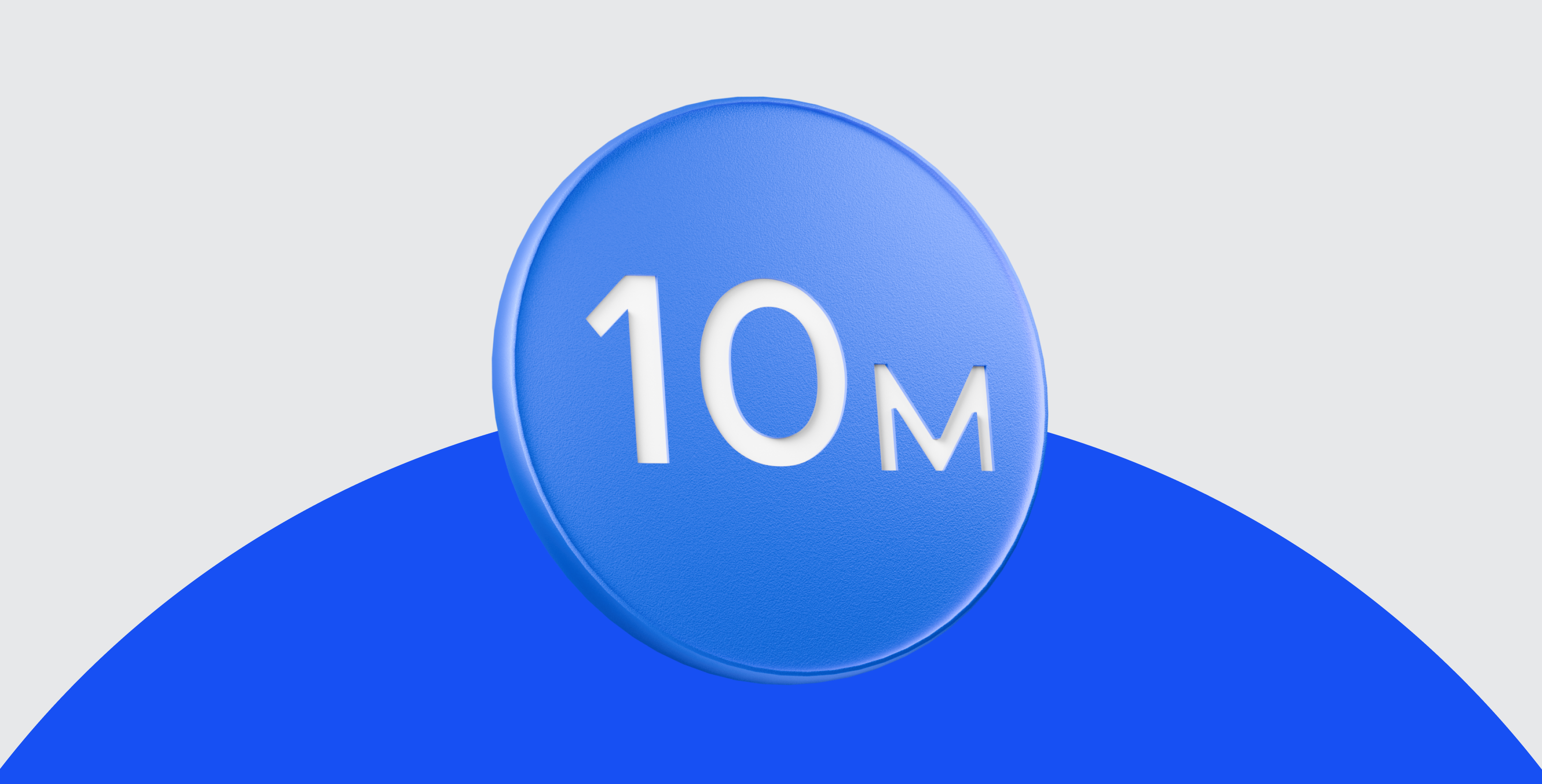Polygon: Ethereum’s largest and most successful scaling solution

Ethereum is the most widely used smart contract platform for decentralised applications (dApps). The Ethereum protocol already hosts over 45 dApps with more than $100 million worth of value locked in its smart contracts - 45x more than Bitcoin.
While Ethereum has remained the backbone of Decentralised Finance (DeFi), it has faced challenges such as high transaction costs and slow throughput. These issues need to be addressed if Ethereum is ever to become the foundation of a new financial system.
What is Polygon (MATIC)?
As an easy-to-use layer 2 scaling solution for Ethereum, Polygon provides Ethereum users with improved speed and reduced costs by enabling the Ethereum blockchain to process off-chain transactions.
Simply put, the burden of computing transactions has been transferred from the Ethereum blockchain to Polygon's chain. The Polygon chain handles the computation of transactions while remaining connected to the Ethereum blockchain for final transaction settlement. This action removes work from the Ethereum blockchain and significantly reduces transaction processing time and cost.
Polygon's native crypto asset, MATIC, can be used for various purposes, including voting for Polygon Improvement Proposals (PIPs), contributing to security through staking, and paying transaction fees.
How did Polygon come to be?
Polygon was launched in October 2017 as an ERC-20 token on the Ethereum blockchain. An ERC-20 token is a technical standard for fungible tokens created on the Ethereum blockchain. A fungible token is one that can be exchanged for the exact same token, as opposed to the well-known non-fungible tokens (NFTs), which are unique or one-of-a-kind.
In 2017, the Ethereum blockchain was still one of the market's most established crypto networks, facing similar constraints as it does today. At the time, Ethereum could only process 15 transactions per second, which was insufficient to achieve its goal of becoming a global computer for all digital assets. Furthermore, Ethereum was expensive due to the network's high 'gas' fees.
What exactly is gas?
Gas refers to the fee charged by a network to complete an operation successfully. Similarly to how a car requires gas to travel from point A to point B, a blockchain network requires a certain amount of gas to get a transaction or operation from one point to another.
This is where Polygon steps in.
How does it work?
Polygon is a multi-level platform that aims to scale Ethereum by utilising its abundance of sidechains - all of which aim to unclog the Ethereum blockchain in a cost-effective manner.
If you’re unfamiliar, sidechains are unique blockchains linked to the main Ethereum blockchain and effectively support many Decentralised Finance (DeFi) protocols available in Ethereum.
The structure is designed to allow the Polygon sidechains to operate and validate transactions independently of the Ethereum blockchain. These sidechains simply bundle transactions into a single block and submit the batch to the Ethereum blockchain.
Think of it like the box office at a cinema during the release of a popular film. If only one person was working at the box office register, they could only process one movie ticket at a time. However, if they open several more registers (Polygon sidechains), they could process multiple movie tickets at once, all of which would end up going to the same movie (Ethereum Blockchain).
What makes Polygon unique?
- Scalability
The Polygon network is a scaling solution known for its fast transactions at extremely low costs. Polygon can handle as many as 65 000 transactions per second at an average cost of $0.02. For comparison, that means Polygon is 32x faster than Visa at a 60th of the cost.
- Interoperability
Much like Polkadot, Polygon enables Ethereum-compatible blockchains - like Avalanche and Fantom - to communicate and exchange information. This is achieved while retaining the security of the Ethereum blockchain and combining it with Polygon’s fast and low-cost transactional capabilities.
- Gaming utility
Polygon launched the Polygon Studios division in July 2021. Due to Polygon's superior scaling capabilities, numerous blockchain developers prefer to build their games on the Polygon network. This scaling capability has made Polygon one of the most popular choices among blockchain game developers.
- Institutional Adoption
When it comes to an institutional blockchain, Polygon seems to be front of mind. Facebook’s Meta and Coffee giant Starbucks have both chosen the Polygon network to launch their respective NFT collections and loyalty programs. These early signs of institutional adoption could spell great success for Polygon.
Where to buy Polygon?
Altify has added MATIC to its crypto asset product offering.
Altify brings simplicity, trust and excellent customer service to investing in cryptocurrencies. Its easy-to-use online platform enables you to securely own the world’s top cryptocurrencies in just a few clicks.
Invest in Polygon here and start your journey with as little as R150.




